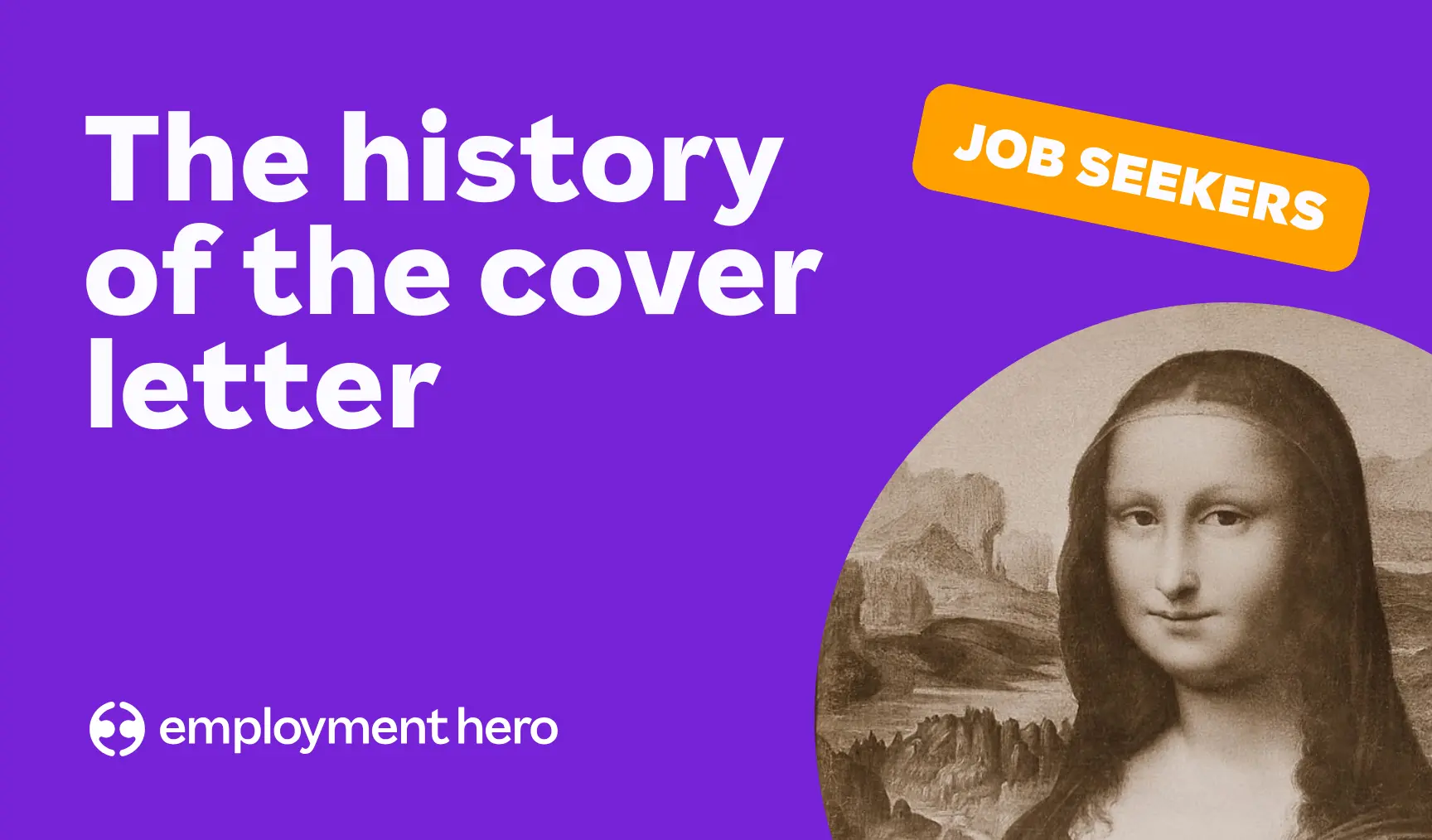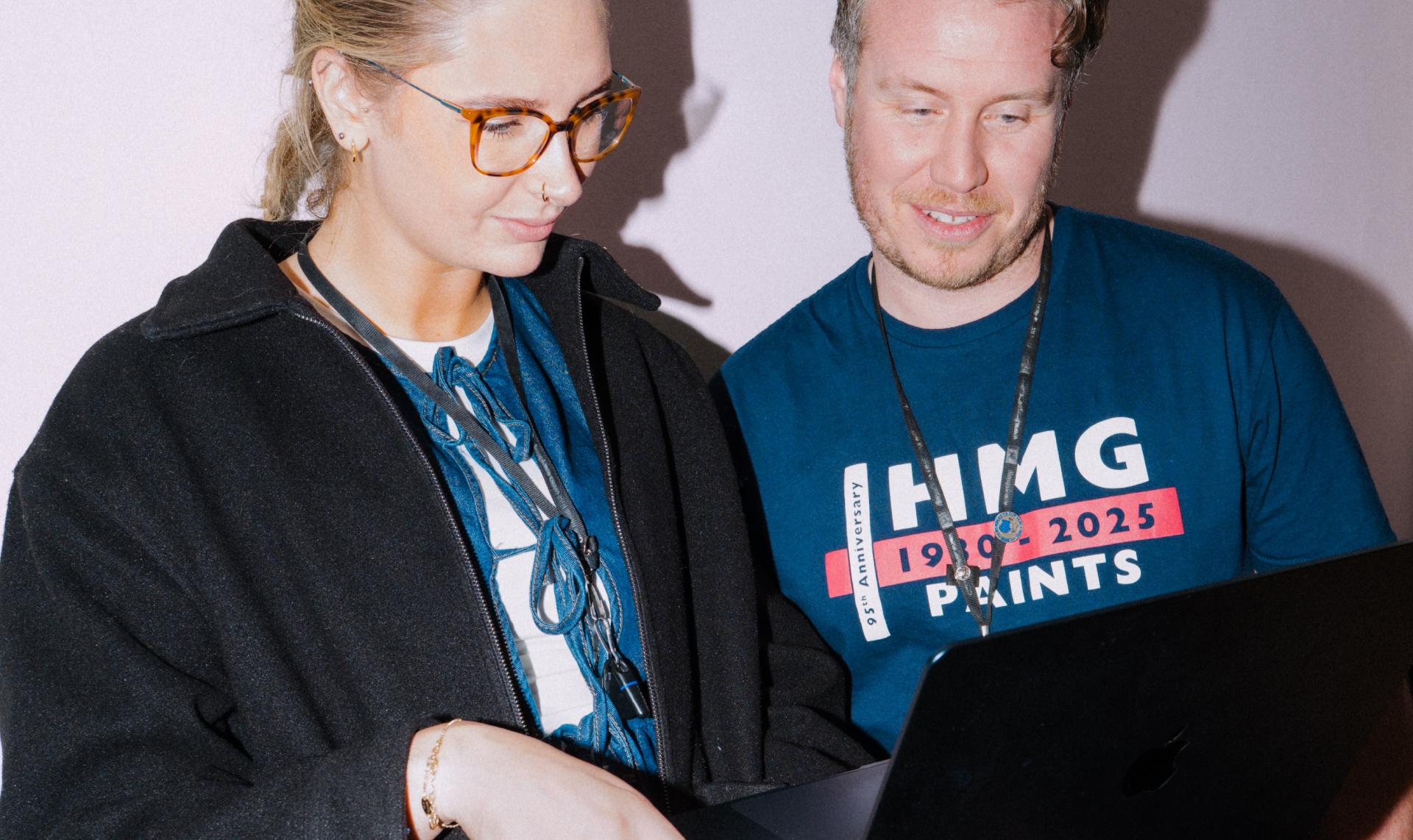Who Invented Cover Letters? The Surprising History Behind Job Hunting’s Most Enduring Tradition
Let’s explore the fascinating history of cover letters, their ongoing relevance and tips for crafting standout applications tailored for success in the UK.

Contents
Cover letters have long been a vital component of job applications, functioning as a personal introduction to potential employers. But where did this practice begin and how has it shaped the UK’s competitive job market? More importantly, are cover letters still essential in today’s digital-first recruitment landscape? Let’s explore the fascinating history of cover letters, their ongoing relevance and tips for crafting standout applications tailored for success in the UK.
What is a cover letter?
A cover letter is a personalised document that accompanies your CV. It’s your chance to highlight your skills, experience and suitability for a specific role—all while demonstrating your enthusiasm for the opportunity. Where your CV provides a factual overview of your achievements, a cover letter allows you to make a lasting impression on recruiters by providing context and personality.
Why they’re essential in the UK
Cover letters have long been an important part of the job application process in the UK, especially in traditional industries such as law, finance and government. These sectors often evaluate an applicant’s ability to craft articulate, concise and persuasive documents as part of the hiring process. Beyond this, a well-crafted cover letter also shows that you’ve tailored your application to the organisation—a critical aspect in the UK’s highly competitive job market.
The history of the cover letter: Leonardo Da Vinci’s greatest legacy?
The origins of the cover letter can be traced back centuries, with none other than Leonardo Da Vinci credited as its pioneer. His 1482 letter to the Duke of Milan is considered one of the first examples of a resume-cover letter hybrid. Here, Da Vinci detailed his skills and qualifications, particularly in engineering and the arts and outlined how these could benefit the Duke.
Although best known today for his artistic masterpieces, such as the Mona Lisa and The Last Supper, Da Vinci’s letter demonstrated the enduring importance of tailoring your self-presentation to the needs of your audience—a principle that remains at the core of effective cover letters.
For UK job seekers, this highlights a crucial point about first impressions and the enduring impact of personal branding. Whether you’re entering a traditional field or a modern, dynamic industry, your ability to present your skills in a tailored, relevant manner is as critical today as it was in the Renaissance era.
Cover letters gain popularity
It wasn’t until the 20th century that cover letters became an established norm in job applications. During the 1930s, cover letters were used in industries like finance and accounts to provide commentary or context for financial reports. By the 1950s, job advertisements actively requested applicants to include cover letters as part of their formal submission.
During this era, cover letters began to reflect individual creativity and a candidate’s ability to express themselves. A detailed, thoughtful letter became a hallmark of stand-out applications, particularly in the UK’s competitive white-collar job market.
The UK-specific adoption of cover letters
British employers in industries like government, education and corporate finance were among the earliest adopters of the formal cover letter, with many viewing it as an indicator of written communication skills and a way for candidates to show diligence. Even now, the UK’s professional landscape values a tailored, meticulously crafted letter—particularly when applying for prestigious organisations or roles with high applicant volumes.
The digital transformation
Fast forward to the digital age and cover letters have continued to evolve to meet the demands of modern recruitment processes. The rise of Applicant Tracking Systems (ATS) brought significant changes, as these technologies require cover letters and CVs to be keyword-optimised based on job descriptions. The formatting and language of modern cover letters must not only appeal to human recruiters but also ensure compatibility with automated systems.
How AI is redefining cover letters
Artificial intelligence has revolutionised how cover letters are crafted. Employment Hero Jobs helps to analyse job descriptions and automatically generate tailored, ATS-friendly cover letters. Beyond just saving time, these AI-driven solutions help optimise content to meet employer expectations without losing the personal touch.
Are cover letters still relevant today?
Although the job market is evolving, cover letters retain significant importance, especially for mid- to senior-level positions in the UK. They remain particularly relevant in industries where written communication is a core skill requirement.
Why UK job seekers can’t dismiss cover letters
A recent survey revealed that hiring managers are 53% more likely to invite a candidate for an interview if a tailored cover letter is included in their application. Well-written cover letters help establish your professionalism while also demonstrating critical traits like attention to detail—a key expectation in UK hiring practices.
Insider tip for UK candidates
When applying for jobs in traditional industries such as law, public service or finance, reference specifics about the organisation’s mission, values and achievements in your cover letter. This level of attention signals genuine interest and dedication.
What does the future hold for cover letters?
While some recruiters speculate that cover letters might eventually diminish in importance due to digital advancements, their ability to add depth to applications continues to carve a space for their relevance. Emerging trends like video cover letters are also gaining traction, allowing candidates to showcase their personality and creativity.
Is video the future?
Particularly in creative industries or tech-forward roles, video cover letters are gaining favour as a dynamic alternative. Instead of presenting written achievements, job seekers can create engaging visual introductions that highlight their skills and character.
When to consider video cover letters
- Applying to innovative or creative fields like design, marketing, or technology.
- Targeting positions where communication and presentation skills are valued.
- Standing out in crowded, highly competitive markets.
- If you’re using Employment Hero Jobs and want to stand out.
How to write a modern UK cover letter
Crafting a strong, tailored cover letter doesn’t have to be overwhelming. Follow these simple steps to create a winning application:
- Start strong: Open with a compelling statement that captures attention and references the specific role.
- Research and personalisation: Identify and highlight the skills directly relevant to the job while mentioning company-specific insights.
- Keep it brief: Aim for one page—concise and impactful writing is highly valued in the UK.
- Optimise for ATS: Use industry-specific keywords and phrases from the job description to ensure compatibility with recruitment software.
- Close with confidence: End with a professional statement expressing enthusiasm for the role and requesting the next step, such as an interview..
Final thoughts
Cover letters remain a vital part of any successful job application in the UK. Though recruitment methods have evolved and digital tools are now the norm, a well-crafted, tailored cover letter still makes a strong impression on hiring managers. Whether opting for a traditional format or exploring newer alternatives like video, what truly matters is communicating your unique qualifications and enthusiasm for the role.
Your next step
Take advantage of modern tools like Employment Hero Jobs to make the cover letter writing process efficient and effective. Save time, stand out and connect with better opportunities today.
Related Resources
-
 Read more: Is your HR system still stuck in the Stone Age? It’s time to future-proof
Read more: Is your HR system still stuck in the Stone Age? It’s time to future-proofIs your HR system still stuck in the Stone Age? It’s time to future-proof
Manual HR processes create hidden costs and risks. Learn how a future-proof HR system can unlock efficiency, compliance, and business…
-
 Read more: Automate HR Processes: 5 Key Processes You Should be Automating in 2025
Read more: Automate HR Processes: 5 Key Processes You Should be Automating in 2025Automate HR Processes: 5 Key Processes You Should be Automating in 2025
Automating HR processes is no longer a far-off future goal, it’s a strategic necessity. We’re diving into exactly why your…
-
 Read more: AI in HR: How to keep the human in Human Resources and payroll with AI
Read more: AI in HR: How to keep the human in Human Resources and payroll with AIAI in HR: How to keep the human in Human Resources and payroll with AI
Discover how AI can complement human efforts in HR and enable teams to focus on the bigger picture.



















